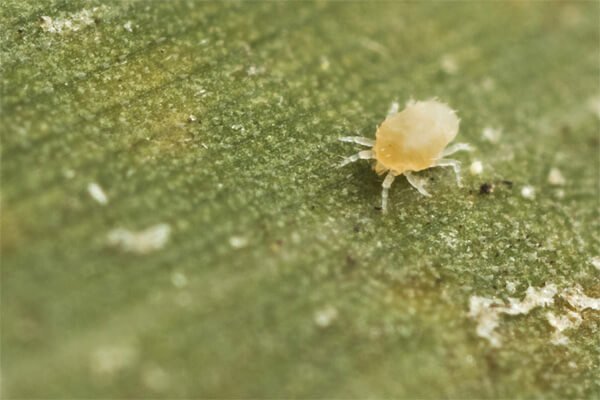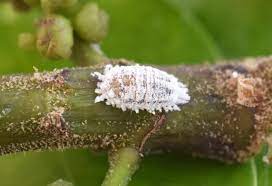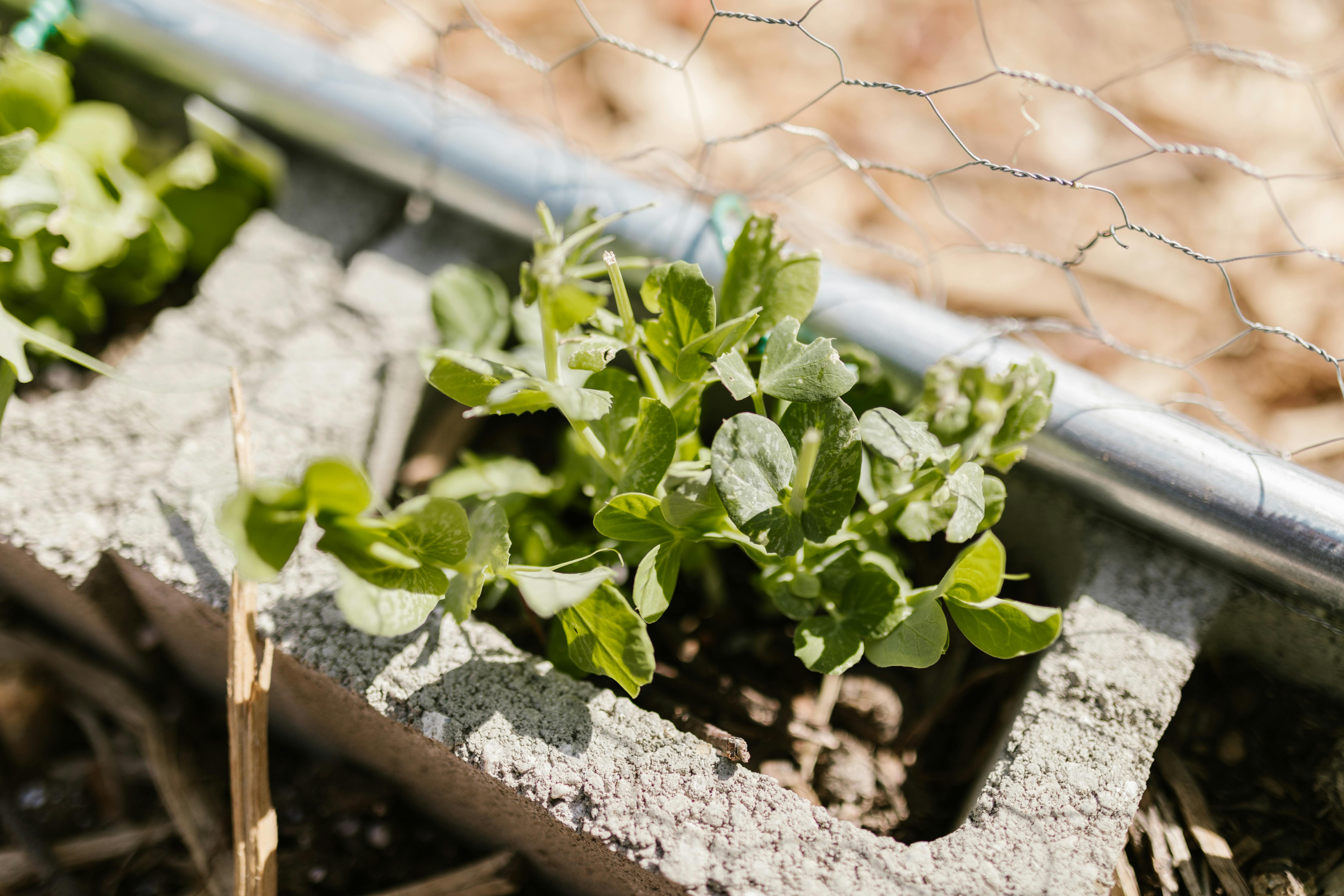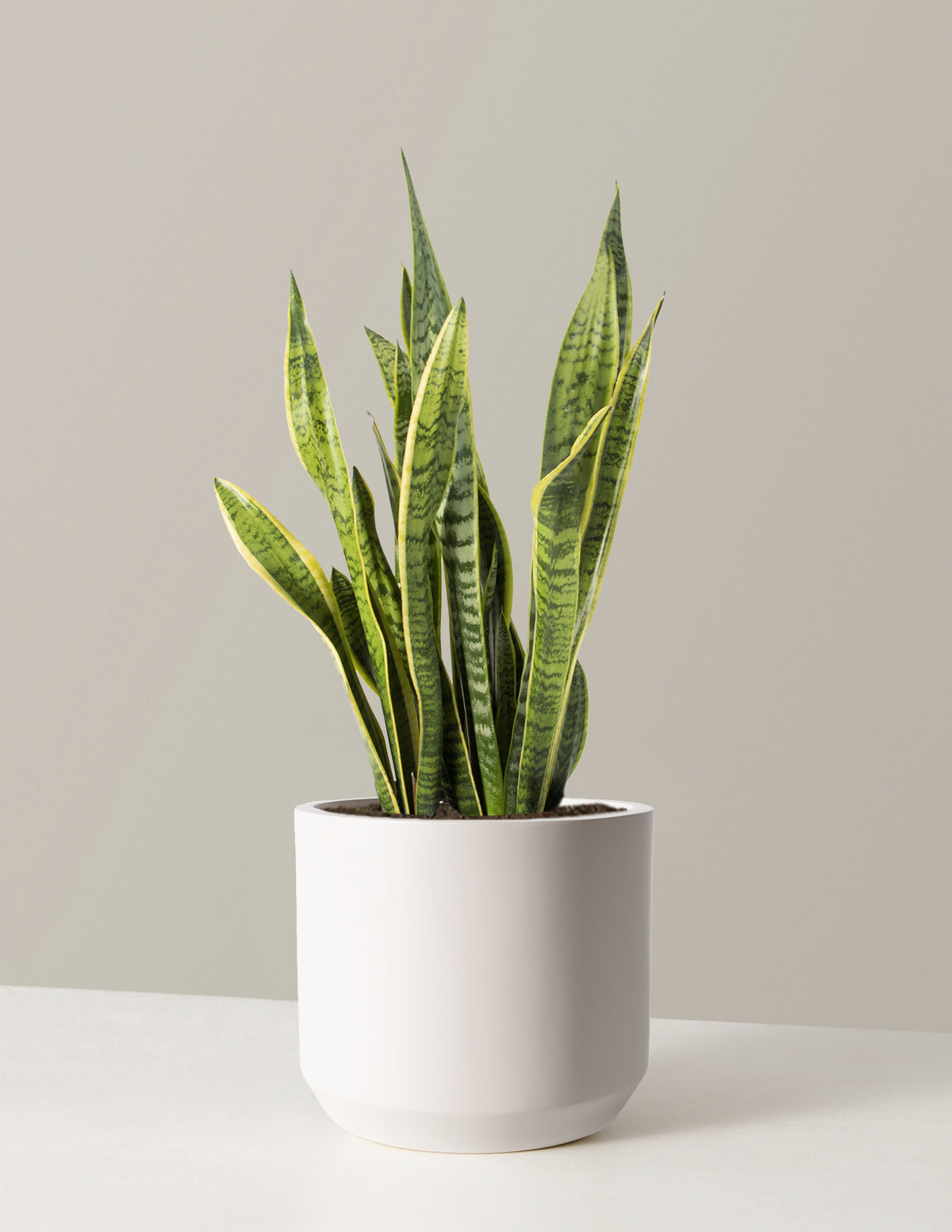Soil Mites Explained: Are They Harmful to Plants or a Sign of Healthy Soil?
If you’ve recently noticed tiny white bugs moving in your plant soil, you’re not alone — and you’re probably wondering if something is wrong. These small creatures are often soil mites, and while they may look alarming at first, they’re not always a bad sign.
In this guide, you’ll learn what soil mites are, what it means if you have them, whether they’re harmful to houseplants, and when (or if) you should get rid of them.
What Are Soil Mites?
Soil mites are microscopic to tiny arthropods that live naturally in soil, especially soil rich in organic matter. They are part of the soil’s ecosystem and help break down decaying material such as dead roots, fallen leaves, and organic debris.
Most soil mites:
- Live in moist, well-fed soil
- Are harmless to healthy plants
- Help recycle nutrients back into the soil
In many cases, soil mites are actually a sign of active, living soil, not a plant disease.
What Do Soil Mites Look Like?

Are Soil Mites White or Brown?
Soil mites can appear:
- White
- Pale beige
- Light brown
They are often confused with other pests because of their color and small size.
Can You See Soil Mites Moving?
Yes — unlike bacteria or mold, soil mites move quickly, especially when:
- The soil is watered
- You disturb the top layer of soil
This movement is why many people search for “tiny white bugs in soil” after noticing activity near the surface of their houseplants.
What Does It Mean If You Have Soil Mites?
Seeing soil mites doesn’t automatically mean there’s a problem. In fact, most of the time, it’s completely normal.
Is It a Sign of Healthy Soil?
✅ Yes — in many cases.
Soil mites often appear when:
- The soil contains plenty of organic matter
- Moisture levels are consistent
- Microbial life is active
This means your potting mix is doing what it’s supposed to do.
When Soil Mites Indicate a Problem
⚠️ Sometimes, soil mites can signal an imbalance, such as:
- Overwatering
- Poor drainage
- Excess decaying organic material
- Compacted soil
If soil stays wet for too long, it creates an environment where soil mites multiply rapidly.
Are Soil Mites Harmful to Houseplants?
❌ No — soil mites do not eat healthy plants or roots.
They feed on:
- Dead plant matter
- Fungi
- Organic debris
However, they are often mistaken for harmful pests, especially when plants show stress symptoms caused by overwatering or root rot.
👉 If your plant is struggling, the real issue is usually soil conditions, not the mites themselves.
Soil Mites vs Fungus Gnats (Very Important)
Soil mites are frequently confused with fungus gnats, which can harm plants.
| Feature | Soil Mites | Fungus Gnats |
|---|---|---|
| Fly around plants | ❌ No | ✅ Yes |
| Harm plant roots | ❌ No | ✅ Yes (larvae) |
| Move in soil | ✅ Yes | ✅ Yes |
| Sign of overwatering | Sometimes | Very often |
If you see small flies hovering around your plant, you’re likely dealing with fungus gnats — not soil mites.
Should You Get Rid of Soil Mites?
In most situations, you don’t need to remove soil mites at all.
When You Can Leave Them Alone
- Your plant looks healthy
- Leaves are firm and green
- No signs of root damage
- Soil drains properly
When You Should Take Action
Consider reducing soil mites if:
- Soil stays wet for days
- You notice root rot symptoms
- The population seems excessive
- The plant shows stress signs
How to Reduce Soil Mites Naturally (If Needed)
If you decide to reduce their numbers, avoid harsh chemicals. These natural steps are usually enough:
1. Let the Soil Dry Out
Allow the top 2–3 cm of soil to dry between waterings.
2. Improve Drainage
- Use pots with drainage holes
- Avoid compacted soil
- Consider adding perlite or pumice
3. Remove Decaying Organic Matter
Clear dead leaves or debris from the soil surface.
4. Repot Only If Necessary
Repotting is rarely needed — and should only be done if the soil is severely compacted or rotting.

Frequently Asked Questions About Soil Mites
Can soil mites infest your home?
No. Soil mites live in soil and do not survive in dry indoor environments.
Do soil mites bite humans?
No. Soil mites do not bite or sting.
Are soil mites bad for indoor plants?
Not at all. They are generally harmless and sometimes beneficial.
Will repotting remove soil mites?
Repotting can reduce them, but it’s often unnecessary unless soil conditions are poor.
Final Thoughts
Finding soil mites can be surprising, but in most cases, they are a natural and harmless part of indoor plant care. Instead of focusing on eliminating them, it’s better to evaluate watering habits and soil quality.
Healthy soil supports healthy plants — and soil mites are often proof of that.
How to Control and Manage Soil Mites
Natural Control Methods
- Proper Soil Aeration: Improve soil structure to reduce excessive mite populations.
- Reduce Organic Debris: Avoid overloading soil with decaying plant matter.
- Neem Oil and Diatomaceous Earth: These natural treatments can help control unwanted mite populations.
- Introduce Beneficial Predators: Certain predatory mites and insects, like ladybugs, help keep pest mite populations in check.
Chemical Control Methods
- Insecticidal Soaps and Mite Sprays: These can help manage harmful mites but should be used sparingly to avoid harming beneficial mites.
- Soil Sterilization: In severe cases, sterilizing soil can help reset the balance, but this method should be used with caution.
How to Prevent Soil Mites
- Balanced Soil Composition: Maintain proper organic matter levels.
- Avoid Overwatering: Moist soil can encourage excessive mite growth.
- Regularly Inspect Plants: Check for signs of mite infestations and address any issues early.








